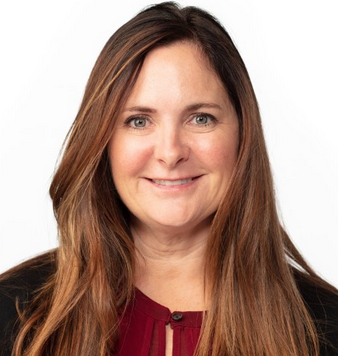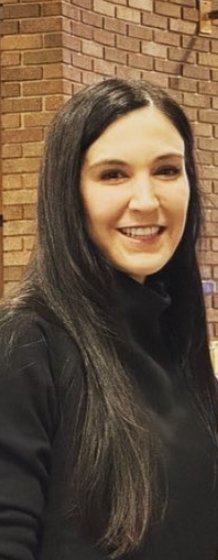
ABOUT US
Our Purpose
To shine a light on every child’s inherent value and amplify their contributions to the world.
Our Vision
To create global change in inclusive learning environments.
Our Mission
To fundamentally change early childhood learning opportunities for children with disabilities.
Our Views On Diversity & Inclusion
The Rosalie Murrey Memorial Foundation was founded on the principles of equity and inclusion for all children. Inclusion is central to our mission, and we are dedicated to creating accessible, equitable, and compassionate spaces where every family feels supported, valued, and empowered. By embracing diversity and breaking down barriers, we honor the unique strengths and experiences of each individual we serve.
Our Values
Committed to excellence, RMMF embraces the following core values:
Connection:
Cultivating belonging and shared purpose between individuals and communities
Courage:
Standing up for what is right and taking calculated risks
Creativity:
Uniquely solving problems, inspiring change, and exploring new possibilities
Perseverance:
The relentless pursuit to overcome obstacles and remaining steadfast
Meet The Team
Julie German-Murrey, EdD
Co-Founder/Director
Doug Murrey, MD
Co-Founder
Board Treasurer
Angie Curtis
Sarah Bain
Board Member
Jen Heimbigner
Board Member
Kate Lewis
Board Secretary
Kristin Freeze
Board Member
Anne Kitchens, DC
Board Member
Jessica Friend
Board Member
Matt Meyer
Board Member
Cory Rickard
Board Member















